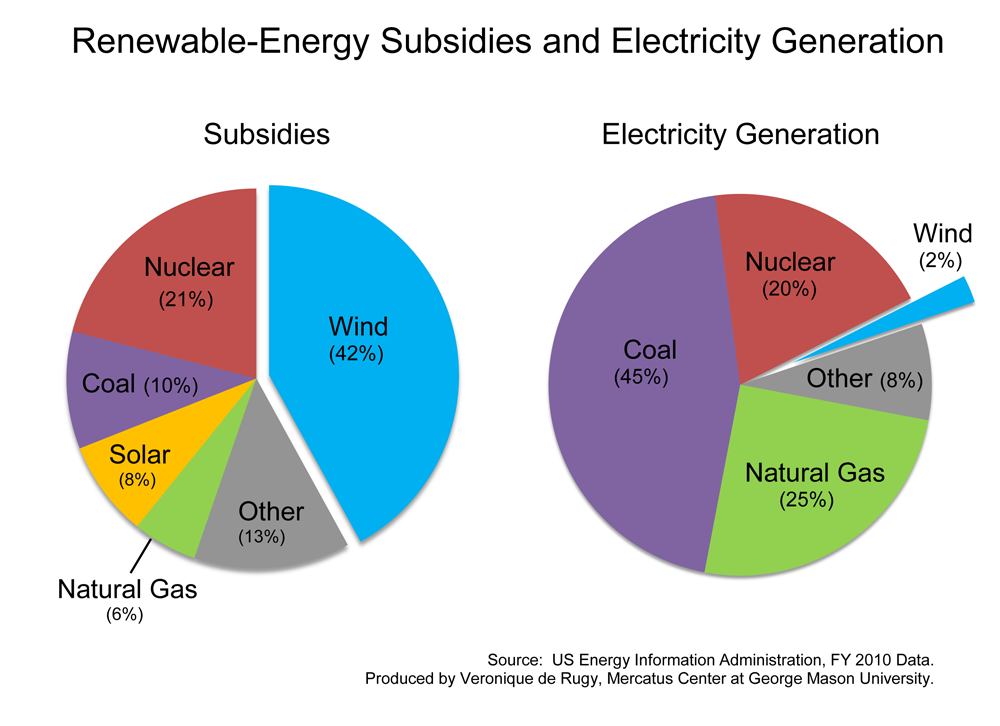
There has been an incredible amount of angst among the education establishment over New Mexico’s newly-enacted system of teacher evaluations. Unlike other aspects of Gov. Martinez’s education agenda including the A-F grading system, elimination of 3rd grade social promotion, and an emphasis on digital learning, these evaluations were not based on Jeb Bush’s successful reforms in Florida.
In fact, New Mexico’s educators might be surprised to know that these hated evaluations came to our state via the Obama Administration. A few years ago, the National Education Association gave $60 million to candidate Obama to re-elect him to the White House. Ironically, these angry union members funded the very source of their considerable angst.
This background is worth noting, but the more important question for New Mexico’s families and children is whether they are good policy that will lead to improved educational results, or not.
Certainly, there is nothing wrong with evaluating teachers. Few private sector employers lack some form of evaluation system for their employees. It is worth noting, however, that in the private sector, there is no single evaluation system imposed upon businesses from the top down or the government (yet). Rather, independent, competing businesses work to create and implement their own evaluation systems which are then used to ensure that workers are serving the needs of customers and the business itself.
Unfortunately, from the perspective of free market education reformers, by their very nature, any one-size-fits-all, tightly-controlled teacher evaluation system imposed from the top down does not share the best characteristics of private sector evaluation systems. The missing component in education is choice. As a parent, I may not agree with what is being evaluated and how. In the private sector, I can choose another provider. This is not so easy when it comes to education.
In other words, the best way to introduce accountability is to allow parents to choose where to send their children. This will put pressure on those schools that the “marketplace,” (meaning parents) deem to be inadequate to improve their educational product.
Of course, to make any system competitive and to bring true accountability to the education system, school administrators must be empowered to make personnel decisions, including the hiring and firing of teachers. A one-size-fits-all teacher evaluation system has generated tremendous opposition from teachers, but these same teachers must understand that outside of government schools, those who fail to contribute to the success of an enterprise are let go.
The need to allow that small minority of underperforming teachers to be fired is not meant to disparage the teaching profession or the hard work that teachers do. In fact, our desire is to give teachers the freedom to teach and innovate in the classroom while balancing that with real accountability enforced by the customers. Such a system would effectively ensure teachers’ ability to innovate and diverse, quality options for students at the same time.
In fact, Jeb Bush’s successful reforms in Florida relied on a healthy dose of school choice. Florida has both a robust voucher system and a system of tax credits for school choice, both of which are geared to empower parents and students. It also has a large and innovative digital and online option.
The results are nothing short of stunning. Between 1999 and 2010, Florida’s graduation rate leapt by more than 20 percentage points (from 53 to 73 percent) while New Mexico’s remained stagnant at about 59 percent, according to the national Diploma’s Count report. Florida students also saw a rapid rise in NAEP reading scores among all income and ethnic groups with particular improvements among Hispanics and blacks. This led to a substantial closing of the achievement gap between whites and minority groups.
Study after study nationwide shows that increasing educational options leads to improved results. For example, in Washington, DC, recipients of a school choice voucher through a random lottery are 24 percent more likely to go to college than those who did not receive the voucher.
Any professional doing an important job must be evaluated and held accountable. Unfortunately, the education establishment’s long-standing opposition to systematic, dispersed accountability enforced by parents in a free education marketplace has led to this top-down, bureaucratically-enforced, one-size-fits-all accountability system that they have deemed unacceptable.
Paul Gessing is the President of New Mexico’s Rio Grande Foundation. The Rio Grande Foundation is an independent, non-partisan, tax-exempt research and educational organization dedicated to promoting prosperity for New Mexico based on principles of limited government, economic freedom and individual responsibility









